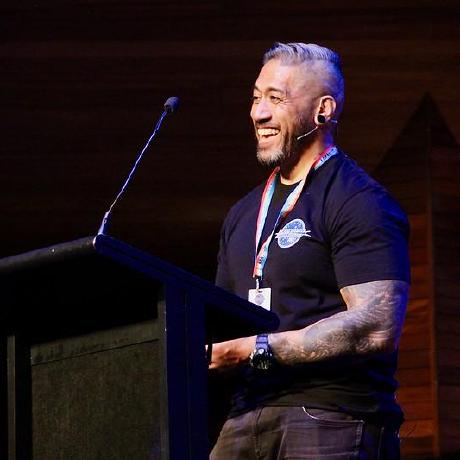Don't Burn Out
Having goals and stretching yourself makes life worthwhile, exciting, challenging and fulfilling.
But if it costs you, a measure of enjoyment you could never have, before of after the pursuit of these goals- what is the point exactly?
This is not a question to be answered by anyone, and there's nothing wrong with the question. It needs to be asked. And then, you will need to really look at the whole picture, and answer it.
It's not to say, don't pursue. Or even, don't extend.
It's just saying, long term thinking will steady your course.
And in it, find humility for an ongoing and imperfect journey towards the end.
Don't burn out.
